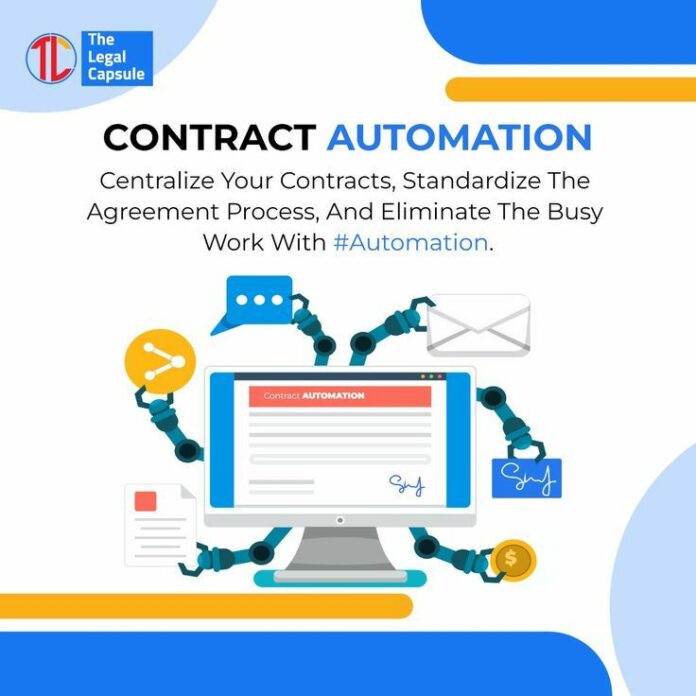Contract lifecycle management (CLM) software refers to a range of software applications that manage an organization’s contracts from their creation, negotiation, approval, execution, and ongoing monitoring. It helps businesses automate, streamline and optimize the contract management process while reducing risk exposure, increasing revenue, and improving regulatory compliance.
CLM Software Features
Effective CLM software comes with several functional features that enable businesses to automate their contract lifecycle processes. Some of the key features of CLM software include:
Contract Authoring and Creation
The software automates the contract authoring process, reducing the time it takes to create a contract from scratch. It also ensures consistency and accuracy in contract language and provisions.
Contract Negotiation and Collaboration
The software facilitates collaboration and negotiation between different teams, departments and stakeholders, allowing the smooth exchange of documents and feedback on contract terms before finalization.
Contract Approval and Signatures
CLM software makes it easy for businesses to get approvals and obtain digital signatures from relevant parties, speeding up the signing process and making it easier to track contract statuses.
Contract Management and Tracking
The software helps track contracts through various stages of their lifecycle while ensuring they comply with relevant regulatory requirements, alerting users of contract renewal dates and milestone events.
Contract Analytics and Reporting
CLM software provides analytics tools and reporting features that enable businesses to extract valuable data insights from their contracts. These insights can be used to make informed business decisions, improve contract performance and identify areas where contracts can be optimized
Important Benefits of CLM Software
Adopting an effective CLM software can have several benefits for businesses, including:
Improvement in Contract Visibility and Control
CLM software provides businesses with a centralized platform where they can store and quickly access all their contracts’ relevant documents, making it easy to track and monitor them throughout their lifecycle stages.
Enhanced Efficiency and Productivity
The software automates the creation, negotiation, approval, and signing of contracts, freeing up teams’ time to focus on other priority tasks, leading to an improvement in overall business efficiency and productivity.
Reduced Risk Exposure
By ensuring contract compliance with relevant regulatory requirements and alerting users of contract milestones, CLM software helps mitigate business risks, such as breach of contract and regulatory penalties.
Best Practices for CLM Software Implementation
CLM software implementation requires a clear understanding of organizational contract lifecycle processes to ensure its successful integration. Some of the best CLM software implementation practices include:
Conducting an Initial Assessment
An initial assessment of the organization’s contract management processes helps identify gaps and areas where the software needs to be customized to achieve the desired results.
Defining User Roles and Access Permissions
CLM software implementation should ensure that user roles and access permissions are well-defined to avoid potential security breaches and ensure efficient workflows.
Customizing the Software to Meet Business Requirements
To ensure the software delivers the appropriate results, businesses should customize it to align with their unique contract management processes.
You might find these FREE courses useful
- Legal Contracts and Agreements
- Smart Contracts
- Supplier Management
- Legal Foundations for Entrepreneurs
- Legal Aspects of Entrepreneurship
- Project Planning
In Conclusion
In today’s business world, organizations need an effective contract lifecycle management software to remain competitive and compliant. The adoption, implementation, and customization of CLM software can help businesses streamline contract management processes, optimize operational efficiency, and minimize risks while keeping track of the latest regulatory requirements.
